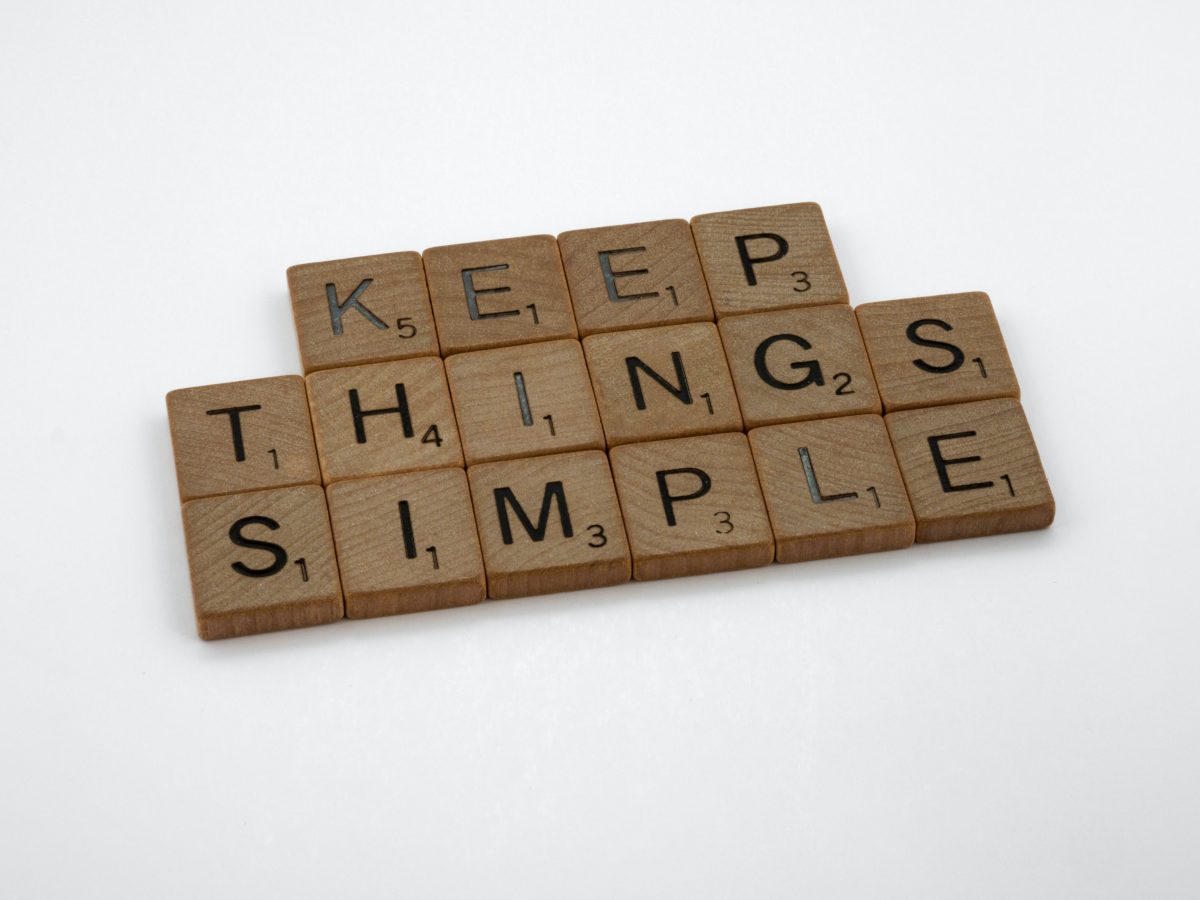Healthy boundaries enhance the quality of sobriety
It’s not enough to break free from the chains of addiction. As we progress in recovery, we need to set boundaries.
Why is setting boundaries important?
Every person has personal limitations, also known as ‘comfort zones.’ These barriers guard our self-worth and values to shield us emotionally and physically. When we respect the boundaries of others, we hope that others will respect ours. When our connections with others are wholesome, supportive, and positive, we feel safe and respected. Maintaining healthy boundaries with others enhances our self-esteem.
Recovering addicts require a solid self-image to get better. It’s essential to maintain and respect personal boundaries to build strong self-esteem. An addict’s self-image suffers when they agree, but their mind and body say otherwise, resulting in discomfort and low self-esteem. If an addict is dissatisfied enough, they are more likely to relapse.
Why are addicts so bad at establishing healthy boundaries?
An addict’s boundary issues are usually rooted in their past. Neglectful caregivers (parents or other guardians) who fail to set boundaries and model healthy emotional relationships as children are the source of these issues. Children of these guardians don’t know how to express their emotions, ask for help, or form healthy relationships.
Children raised by excessively strict parents are at the opposite end of the spectrum. These children may become overly dependent on others. When too many rigid boundaries are set, the message to the child is that they are incapable of personal growth and independent decision-making. Codependent relationships often result from addicts being manipulated by others and having difficulty establishing healthy boundaries.
What are the signs of well-maintained boundaries?
The foundation of secure boundaries depends on respect for oneself and others. An addict in recovery can express herself honestly as a result. Even when others do not concur, a recovering addict with secure boundaries can express her feelings calmly and assertively and maintain her values. You keep your values, express yourself, and do not alter your identity to please other people.
What are the signs of unhealthy boundaries?
Respect for oneself and others is the foundation of healthy boundaries, but the opposite is true of unhealthy boundaries. An unhealthy boundary might include:
- Impulsive behaviour, especially in relationships
- Ignoring personal values to please others
- Belittling or criticizing others for their feelings or beliefs
- Belittling oneself
- Trying to force personal beliefs on others
- Letting others tell you who and what you should be
- Not allowing others to take responsibility for their feelings.


Getting comfortable with yourself in recovering
To learn how treatment affects them, recovering addicts must learn to listen to their bodies. An addict may say “yes,” but if their stomach is in a knot, they likely want to say “no.” It’s crucial to establish personal values and express to others how they want to be treated. Addicts must learn to be assertive and express how they want to be treated if others do not respect their boundaries.
Addicts are frequently unable to express their desires or ask for what they need because they haven’t been taught how or were unable to do so in the past. Recovering addicts must feel in charge of their lives to sustain long-term success. Those in recovery who can identify and demand that others respect their boundaries develop that sense of control.
Addicts must learn to say “no” to maintain a healthy recovery. Addiction therapy and 12-step programs seek to help addicts accept themselves as they are, care about their own needs and rights, and care less about what others think of them.
Having healthy boundaries enables recovering addicts to live independently and build healthy relationships. Without them, one is unlikely to establish healthy relationships with oneself and others.
If you or a loved one is struggling with addiction, call Freephone 0800 140 4044
Freephone: 0800 140 4044
Local rate: 0300 330 3040
Contact us here to find out more


